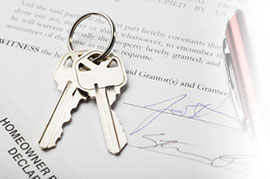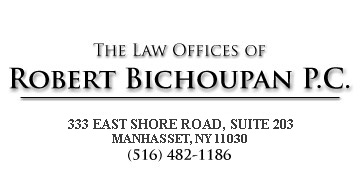|
Are You a Landlord in NYS?
March 16, 2020
Are You a Landlord in New York State? If Yes, Here is What You Need to Know About the Housing Security and Tenant Protection Act of 2019 On June 14, 2019, the New York Housing Stability and Tenant Protection Act of 2019 (HSTPA) became law. Moving forward, HSTPA has increased obligations for landlords while also strengthening protections for tenants. Landlords are now held to a higher standard in regard to how written notice is given, what can be recovered in non-payment cases, and the protocol for self-help and security deposits. What Should a Landlord Should be Giving Written Notice? A landlord must give written notice if they would like to raise rent or if they decide they do not want to renew a lease. But how do I know how much notice I need to give my tenant? The amount of notice needed is based upon how long the tenant has lived at the property. What if my tenant fails to pay their rent? In the event that a tenant’s rent is at least 5 days late, it is the landlord’s responsibility to send a reminder notice to the tenant by certified mail. Before starting an action, landlords must give tenants a 14-day rent demand notice instead of the previous 3-day rent demand notice. In a Non-Payment Case, what can I recover? In a commercial non-payment case, landlords are able to sue and recover unpaid rent and “added rent” such as utility charges, late fees, legal fees and costs. In a residential non-payment case, however, landlords are only able to seek monthly rent. For a residential landlord to collect legal fees, utility charges, or any form of added rent, a separate action will need to be brought. New Risks for Landlords Landlords are no longer permitted to ask for more than one-month’s rent as a security deposit, nor are landlords able to include a pet fee as an extra security deposit for any residential dwelling. In addition, a landlord in a holdover action cannot accept rent once a lease is over and has been terminated, until that case is brought to court, or will risk re-instating the tenant’s tenancy. Another rule that puts landlords at risk is that it is illegal to self-help without a tenant’s permission to do so. In other words, a landlord cannot change the locks to the property without the tenant’s knowledge and permission to allow the change. Additionally, as a landlord you cannot charge application fees, but you may charge a fee for the cost of background or credit checks, not to exceed $20.00. It is also important to note, that it is illegal for landlords to “blacklist” tenants due to any prior evictions or disputes with landlords.
Prior results do not guarantee a similar outcome. All information posted is general advice only, based upon the rules of NYS, and is not intended to be a substitute for personal legal advice. Although information provided here was accurate as of the date of posting, laws change frequently and rules in other jurisdictions may differ. Therefore, readers should not rely upon these postings but should consult an attorney to discuss their specific factual situation.
|





